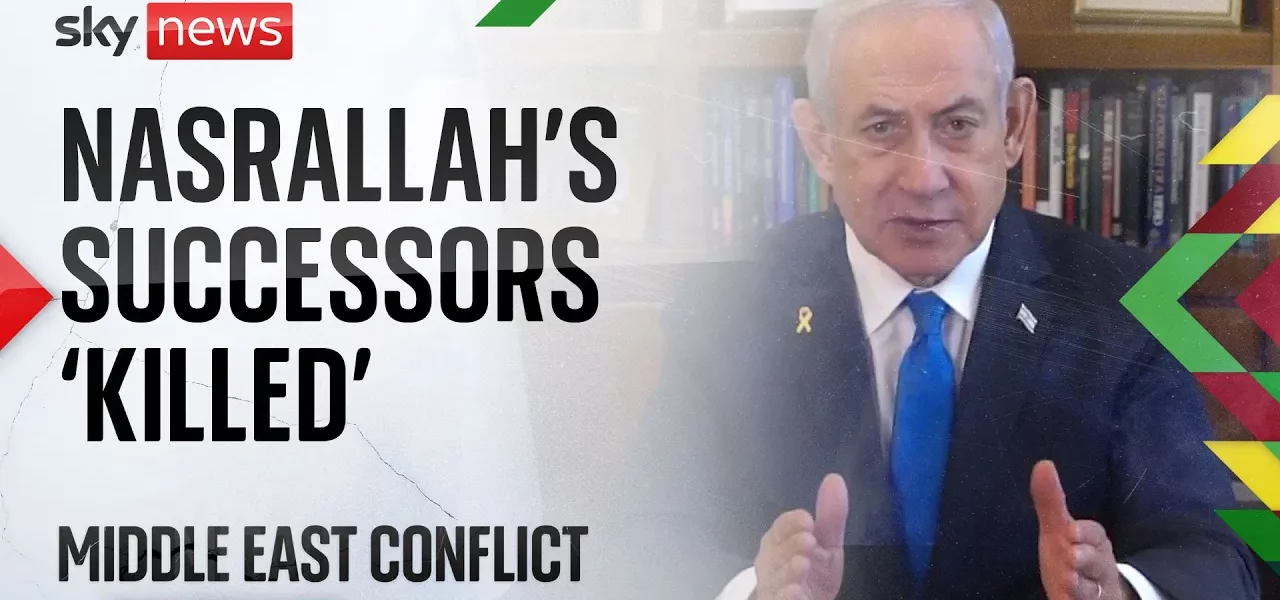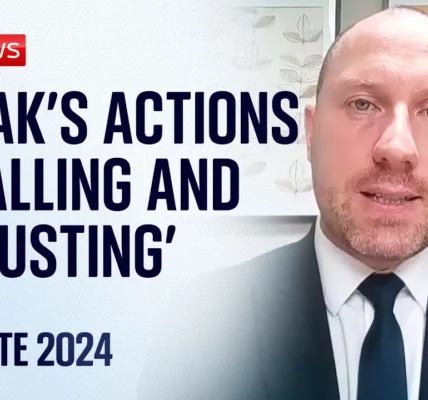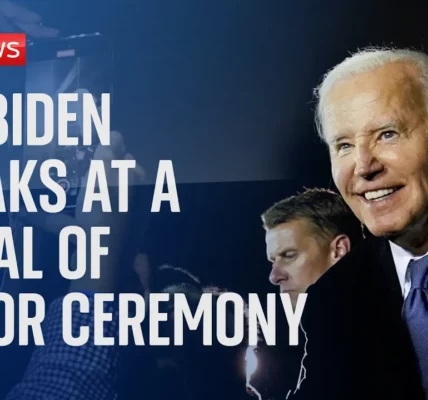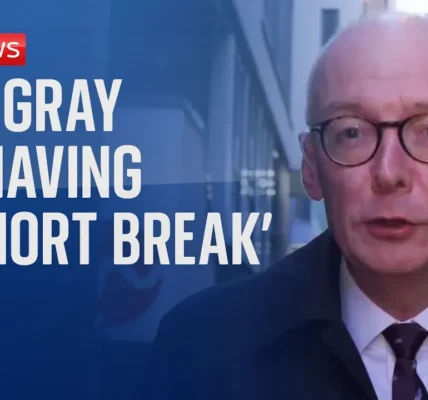A Message to the People of Lebanon: Understanding the Current Conflict

This article explores Israeli Prime Minister Benjamin Netanyahu’s recent address to the people of Lebanon, discussing the historical context, current military operations, and the implications for the future of Lebanon and its citizens.
Introduction
Lebanon, once celebrated as the “Pearl of the Middle East,” has undergone significant turmoil and transformation over the past decades. In a recent address, Israeli Prime Minister Benjamin Netanyahu reached out to the Lebanese people, urging them to reclaim their country from the grip of Hezbollah and Iranian influence. This article delves into the key points of Netanyahu’s message, the historical backdrop, and the potential paths forward for Lebanon amid ongoing conflict and strife.
The Historical Context of Lebanon’s Decline
Lebanon’s rich history of tolerance and cultural diversity has been overshadowed by years of conflict and political instability. Once known for its beauty and hospitality, the country has faced numerous challenges, including:
- Long-standing sectarian tensions
- Involvement in regional conflicts
- The impact of foreign interventions
Netanyahu’s remarks highlight the transformation of Lebanon from a nation admired for its peaceful coexistence to one marked by chaos and violence, largely attributed to the rise of militant groups such as Hezbollah.
Hezbollah’s Role in Lebanon’s Current Crisis
Hezbollah, a Shiite militant group backed by Iran, has played a central role in Lebanon’s descent into instability. Netanyahu asserts that Hezbollah has transformed Lebanon into a “stockpile of ammunition and weapons,” serving Iranian interests at the expense of Lebanese sovereignty. Key points include:
Hezbollah’s Military Operations
Since Israel’s withdrawal from Lebanon 25 years ago, Hezbollah has engaged in numerous military operations against Israel, claiming to defend Lebanon while effectively undermining its stability.
The 2023 Conflict Escalation
Netanyahu’s address references the escalation following the October 7th Massacre, where Hezbollah reportedly launched unprovoked attacks on Israeli cities, resulting in a significant military response from Israel. The conflict has led to:
- Thousands of missiles fired at Israel
- Civilian casualties across different religious communities in both countries
- Heightened tensions and fear among Lebanese citizens
The International and Domestic Implications of Netanyahu’s Message
Netanyahu’s address carries significant implications for both Israel and Lebanon. He emphasizes the need for Lebanon to reclaim its sovereignty and offers a call to action for the Lebanese people. Key aspects include:
Calls for Unity and Action
Netanyahu directly appeals to the Lebanese population, urging them to unite against Hezbollah’s influence. He challenges the citizens to consider:
- Is it worth continuing the cycle of violence?
- What future do they want for their children?
- How can they reclaim their nation from the grips of militancy?
The Path to Peace
Netanyahu envisions a Lebanon restored to its former glory, advocating for:
- A unified national identity
- Coexistence among various religious and ethnic groups
- A rejection of terrorist influences
He suggests that the opportunity to foster peace is within reach, but it requires decisive action from the Lebanese people.
Conclusion
Benjamin Netanyahu’s message to the people of Lebanon underscores the complexities of the ongoing conflict and the urgent need for change. As Lebanon stands at a significant crossroads, the choice to reclaim its future lies within its citizens. By rejecting sectarian violence and embracing unity, the Lebanese people can potentially restore their nation to one of peace and prosperity. It is a pivotal moment, and the actions taken today will shape the future of Lebanon for generations to come. We encourage readers to stay informed and engaged in the ongoing discussions surrounding peace in the Middle East.
“`




